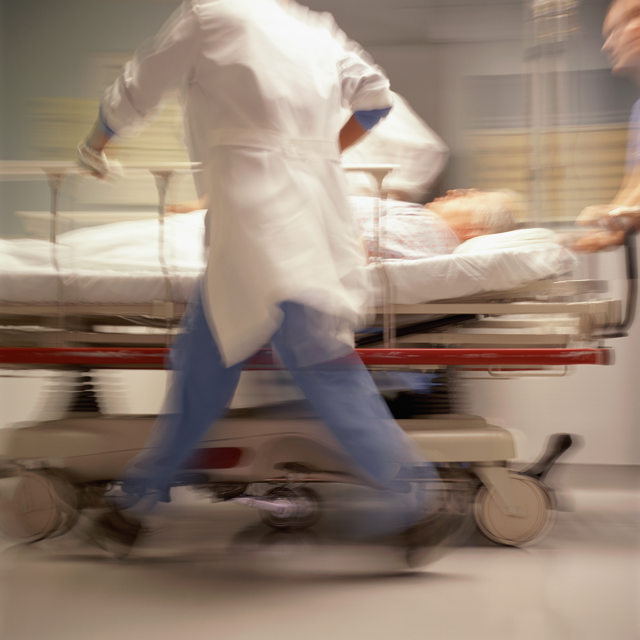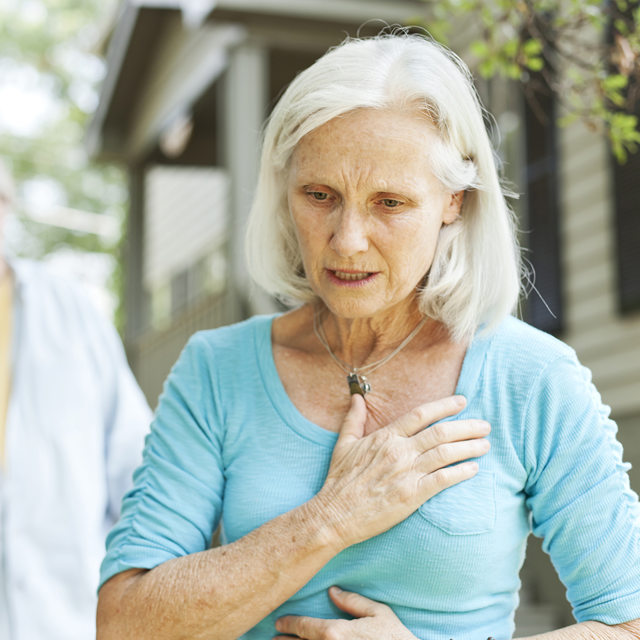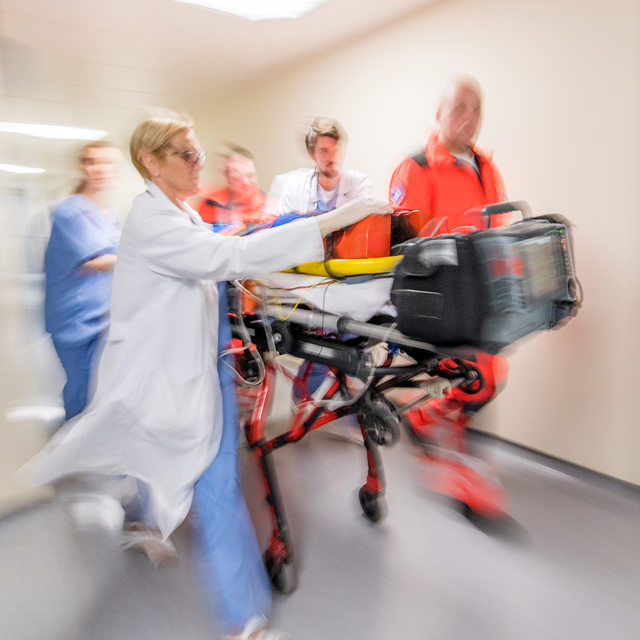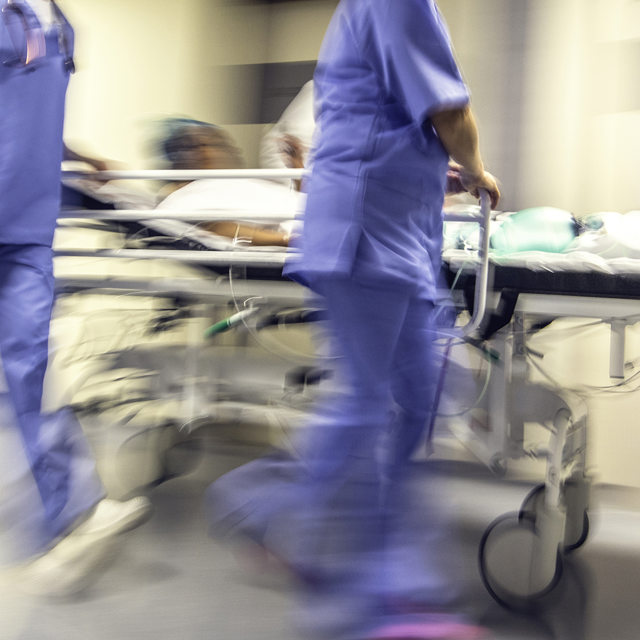
When to Go to the ER for Stomach Pain
Emergency Abdominal Care in Pennsylvania
If you have severe stomach pain or other abdominal symptoms, it is important to seek medical attention right away. You should call 911 or go to your closest emergency room if you are experiencing severe stomach pain and you are pregnant, have had gastric bypass or colon resection, or if you experience any of the following symptoms:
- Pain on your lower right side
- Swollen, hard, or extremely sensitive abdomen
- Blood in your vomit or diarrhea
- Persistent nausea or vomiting
- Fever
- Pressure or pain in your chest or neck, shoulders or arms
- Fainting or dizziness
If you are a female with pain in your lower abdomen on one side or the other, you also should seek care.
What can the Emergency Room do for Stomach Pain?
If you go to a Penn emergency room for stomach pain, you’ll first be asked about your symptoms, when they started, where the pain is, if it’s constant or intermittent, and what it feels like. Be prepared to say if the pain is dull, sharp, crampy, or burning.
The location of your pain will help your ER doctor diagnose your stomach pain in the emergency room. Upper stomach pain might mean gallbladder inflammation, peptic ulcer, indigestion or heart attack. Lower stomach pain is more likely to be caused by appendicitis, ovarian torsion, diverticulitis, kidney stones, or constipation.
These details, along with a physical exam, can help your physician narrow down what might be causing your condition. He or she can then order the right tests and treatment to relieve your stomach pain.
What Types of Tests are Ordered to Diagnose the Cause of Emergency Stomach Pain?
Your Penn Highlands ER doctor will likely order blood and urine tests to help determine the cause of your abdominal pain. You also may undergo an abdominal X-ray, CT scan, or MRI to get a closer look at any issues that may be causing your stomach pain. Treatment will depend on the cause of your pain and may include medication, surgery, or other therapies.
What are Some Causes of Severe Abdominal Pain that Require Emergency Care?
Most stomach pain is mild to moderate and can be controlled with over-the-counter medications and home care. Severe stomach pain that makes it difficult to stand, walk, or change positions may indicate a serious condition. The most likely causes of stomach pain that require emergency care are:
- Kidney stones. While not life-threatening, kidney stones can cause enough pain to make you think they are. If the pain is unbearable, you may need emergency treatment for pain management.
- Gallbladder inflammation or gallstones. These conditions can lead to gallbladder rupture, in which bile leaks into the abdomen. This leakage can cause infection that can be deadly.
- This inflammation of the appendix also can lead to rupture, infection and sometimes death if not treated.
- Ovarian torsion. If this twisting of the ovary isn’t treated, it can result in the loss of the organ.
- Heart attack. Sometimes chest pain can feel more like stomach pain. Heart attack is always an emergency. Failure to seek prompt care can lead to disability or death.

Emergency Medicine
Emergency Department - Huntingdon
Emergency Department - State College
Emergency Department and Trauma Center- DuBois
Emergency Department - Tyrone
Emergency Department - Clearfield

Emergency Medicine
Emergency Department - Connellsville
Emergency Department - Mon Valley


Emergency Medicine
Emergency Department - Elk
Emergency Department and Trauma Center- DuBois

Emergency Medicine
Huntingdon Emergency Group PC
Emergency Department and Trauma Center- DuBois
Emergency Department - Clearfield
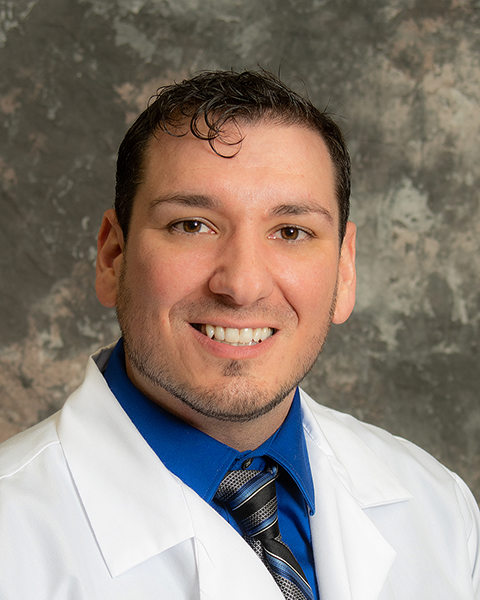
Emergency Medicine
Emergency Department - State College
Emergency Department and Trauma Center- DuBois
Emergency Department - Tyrone
Emergency Department - Clearfield


Emergency Medicine
Emergency Department - Elk
Emergency Department and Trauma Center- DuBois
Emergency Department - Tyrone
Emergency Department - Brookville
Emergency Department - Clearfield


Emergency Medicine
Emergency Department - Connellsville
Emergency Department - Mon Valley
Emergency Department and Trauma Center- DuBois
Emergency Department - Clearfield

Emergency Medicine
Emergency Department - Connellsville
Emergency Department - Mon Valley



Hospital Medicine
Emergency Department - Mon Valley
Penn Highlands Mon Valley

Emergency Medicine
Emergency Department - Mon Valley
Emergency Department and Trauma Center- DuBois
Emergency Department - Connellsville
Emergency Department - Clearfield
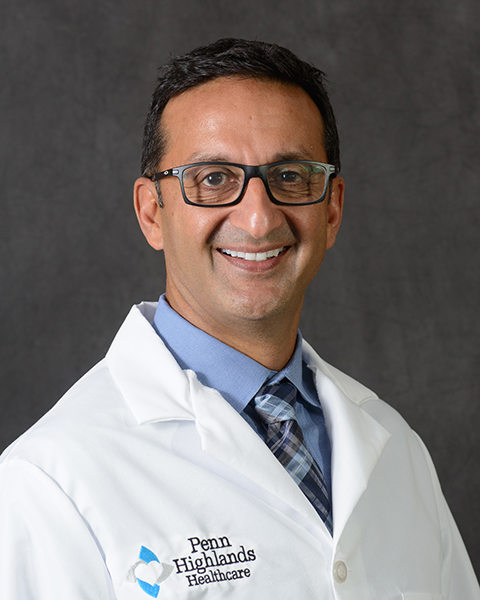

Emergency Medicine
Emergency Department - State College
Emergency Department - Huntingdon
Emergency Department - Tyrone


Emergency Medicine
Emergency Department and Trauma Center- DuBois
Emergency Department - Brookville

Emergency Medicine
Emergency Department - Elk
Emergency Department and Trauma Center- DuBois
Emergency Department - Brookville
Emergency Department - Clearfield

Emergency Medicine
Emergency Department - Huntingdon
Emergency Department - State College
Emergency Department and Trauma Center- DuBois
Emergency Department - Tyrone
Emergency Department - Clearfield
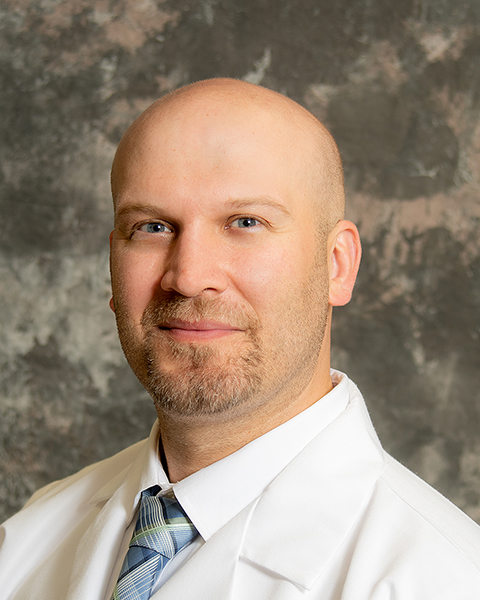
Emergency Medicine
Emergency Department - Huntingdon
Emergency Department - State College
Emergency Department - Elk
Emergency Department and Trauma Center- DuBois
Emergency Department - Tyrone
Emergency Department - Brookville

Emergency Medicine
Emergency Department - Tyrone
Emergency Department - State College
Emergency Department - Elk
Emergency Department - Mon Valley
Emergency Department - Huntingdon
Emergency Department and Trauma Center- DuBois
Emergency Department - Connellsville
Emergency Department - Clearfield

Emergency Medicine
Emergency Department - State College
Emergency Department - Tyrone

Emergency Medicine
Emergency Department - Elk
Emergency Department and Trauma Center- DuBois
Emergency Department - Clearfield
Emergency Department - Brookville

Emergency Medicine
Emergency Department - Brookville
Emergency Department - Clearfield




Emergency Medicine
Emergency Department - Connellsville
Emergency Department - Mon Valley

Emergency Medicine
Emergency Department - Tyrone
Emergency Department - State College
Emergency Department - Huntingdon
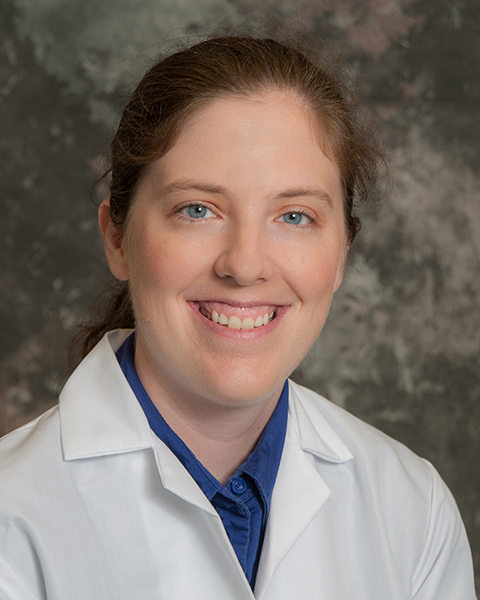
Emergency Medicine
Emergency Department - Huntingdon
Emergency Department - State College
Emergency Department and Trauma Center- DuBois

Emergency Medicine
Emergency Department - Elk
Emergency Department and Trauma Center- DuBois


Emergency Medicine
Emergency Department - Tyrone
Emergency Department - State College
Emergency Department - Elk
Emergency Department - Mon Valley
Emergency Department - Huntingdon
Emergency Department and Trauma Center- DuBois
Emergency Department - Connellsville
Emergency Department - Clearfield

Emergency Medicine
Emergency Department - State College
Emergency Department - Huntingdon
Emergency Department and Trauma Center- DuBois
Emergency Department - Clearfield

Emergency Medicine
Emergency Department - Huntingdon
Emergency Department - State College
Emergency Department - Tyrone

Emergency Medicine
Emergency Department - Huntingdon
Emergency Department - State College
Emergency Department and Trauma Center- DuBois
Emergency Department - Tyrone
Emergency Department - Clearfield
Emergency Department - Elk
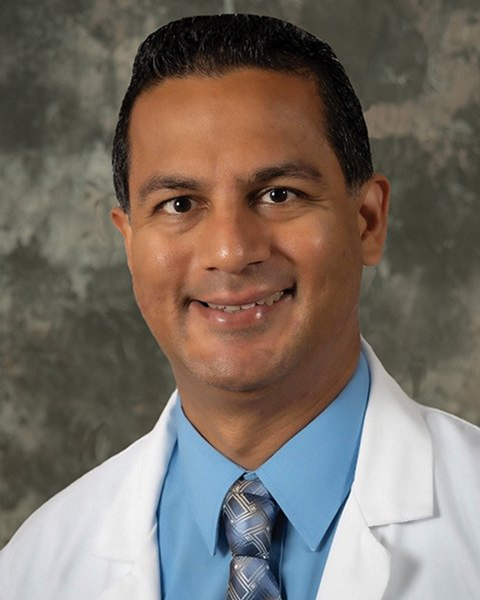
Emergency Medicine
Emergency Department - Huntingdon
Emergency Department - Tyrone

Emergency Medicine
Emergency Department - Connellsville
Emergency Department - Mon Valley
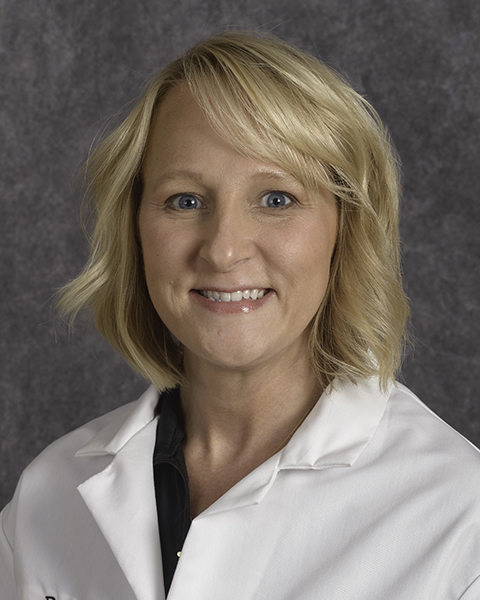
Hospital Medicine
Emergency Department - Mon Valley
Penn Highlands Mon Valley

Emergency Medicine
Emergency Department - Huntingdon
Emergency Department - State College
Emergency Department - Elk
Emergency Department and Trauma Center- DuBois

Emergency Medicine
Emergency Department - Huntingdon
Emergency Department - State College

Emergency Medicine
Emergency Department - State College
Emergency Department - Tyrone
Emergency Department - Huntingdon

Emergency Medicine
Emergency Department - Elk
Emergency Department - Clearfield

Emergency Medicine
Emergency Department - State College
Emergency Department and Trauma Center- DuBois

Emergency Medicine
Emergency Department - State College
Emergency Department - Huntingdon
Emergency Department and Trauma Center- DuBois
Emergency Department - Clearfield

Hospital Medicine
Emergency Department - Mon Valley
Penn Highlands Mon Valley

Emergency Medicine
Emergency Department - Elk
Emergency Department and Trauma Center- DuBois
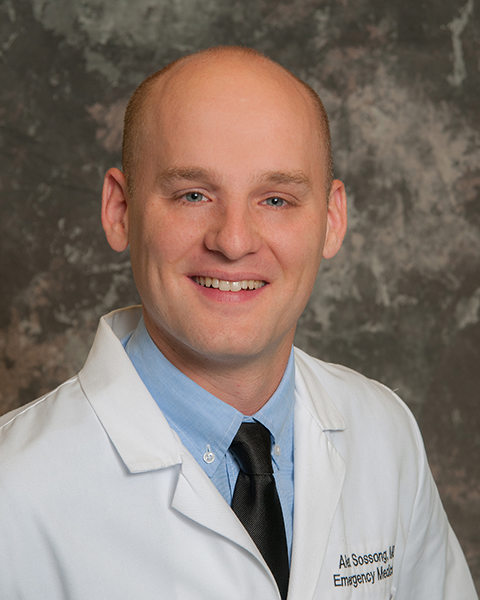



Emergency Medicine
Emergency Department - Connellsville
Emergency Department - Mon Valley

Emergency Medicine
Emergency Department and Trauma Center- DuBois
Emergency Department - Elk
Emergency Department - Clearfield


Urgent Care
QCare Huntingdon
A Service of Penn Highlands Huntingdon
Huntingdon Emergency Group PC

Emergency Medicine
Emergency Department - Elk
Emergency Department and Trauma Center- DuBois
Emergency Department - Clearfield
Emergency Department - Brookville

Emergency Medicine
Emergency Department - State College
Emergency Department - Elk
Emergency Department - Huntingdon
Emergency Department and Trauma Center- DuBois
Emergency Department - Clearfield

Emergency Medicine
Emergency Department - Huntingdon
Emergency Department - State College
Emergency Department - Elk
Emergency Department and Trauma Center- DuBois
Emergency Department - Tyrone
Emergency Department - Brookville
Emergency Department - Clearfield

Emergency Medicine
Emergency Department - Elk
Emergency Department and Trauma Center- DuBois
Emergency Department - Huntingdon
Emergency Department - State College
Emergency Department - Brookville
Emergency Department - Clearfield

Emergency Medicine
Emergency Department - Huntingdon
Emergency Department - Clearfield
Where Can I Find an ER for Stomach Pain Near Me?
If you think your abdominal pain is an emergency, call 911 or go to the nearest Pennsylvania emergency room. Penn Highlands hospitals across central Pennsylvania provide 24-hour urgent care for stomach pain and other medical emergencies, including emergency heart and stroke care and trauma emergencies. Our highly trained emergency physicians, providers, nurses, and staff treat people of all ages, regardless of ability to pay
Located on the second floor of Penn Highlands Brookville, the Emergency Department offers 24-hour emergency care to patients suffering from serious illnesses or injuries.
Located on the first floor of Penn Highlands Clearfield, the Emergency Department offers 24-hour emergency care to patients suffering from serious illnesses or injuries.
Located on the first floor of Penn Highlands Connellsville, the Emergency Department offers 24-hour emergency care to patients suffering from serious illnesses or injuries.
Located on the first floor of Penn Highlands Elk, the Emergency Department offers 24-hour emergency care to patients suffering from serious illnesses or injuries.
Located on the first floor of Penn Highlands Mon Vally, the Emergency Department offers 24-hour emergency care to patients suffering from serious illnesses or injuries.
Located on the first floor of Penn Highlands State College, the Emergency Department offers 24-hour emergency care to patients suffering from serious illnesses or injuries.
Located on the first floor of Penn Highlands Tyrone, the Emergency Department offers 24-hour emergency care to patients suffering from serious illnesses or injuries.
Located on the first floor of Penn Highlands DuBois, the Emergency Department offers 24-hour emergency care to patients suffering from serious illnesses or injuries.
What Should I Bring with Me to the Emergency Room for Stomach Pain?
When you go to the emergency room for stomach pain, it's a good idea to bring your insurance card, a list of your current medications, and any relevant medical records. You may also want to bring a book, a phone charger, or other items to help you pass the time while you wait to be seen.
How Long Will I Have to Wait to be Seen in the Emergency Room for Stomach Pain?
The length of time you'll have to wait in the emergency room for stomach pain can vary depending on a number of factors, such as how busy the ER is, how severe your symptoms are, and whether there are other patients with more urgent needs. In general, patients with severe or life-threatening conditions will be seen more quickly than those with less urgent complaints. If you're concerned about the wait time, you can ask the triage nurse for an estimate of how long you can expect to wait.
What Are Some Home Remedies that Can Help Relieve Mild Stomach Pain?
If you have mild stomach pain that isn't an emergency, there are several home remedies you can try to help alleviate your symptoms. These include drinking plenty of water, avoiding foods that are spicy, greasy, or high in fiber, taking over-the-counter antacids or pain relievers, applying a heat pad or warm towel to your abdomen, and getting plenty of rest. If your symptoms persist or get worse, you should seek medical attention.
How Can I Prevent future episodes of stomach pain?
There are several steps you can take to help prevent future episodes of stomach pain. These include eating a healthy, balanced diet, avoiding foods that trigger your symptoms, drinking plenty of water, getting regular exercise, managing stress, and avoiding smoking and excessive alcohol consumption.
Are There any Risks Associated with the Tests or Treatments for Stomach Pain in the Emergency Room?
Most tests and treatments for stomach pain in the emergency room are safe and carry minimal risk. However, some diagnostic tests, such as CT scans, may expose you to small amounts of radiation, which can increase your risk of cancer over time. In addition, some treatments, such as surgery, may carry a small risk of complications, such as infection or bleeding. Your doctor will discuss any potential risks with you before ordering any tests or treatments.
Services we provide:
- Emergency care
- Pediatric emergency care
- Emergency heart care
- Emergency stroke care
- Trauma center/trauma emergencies

